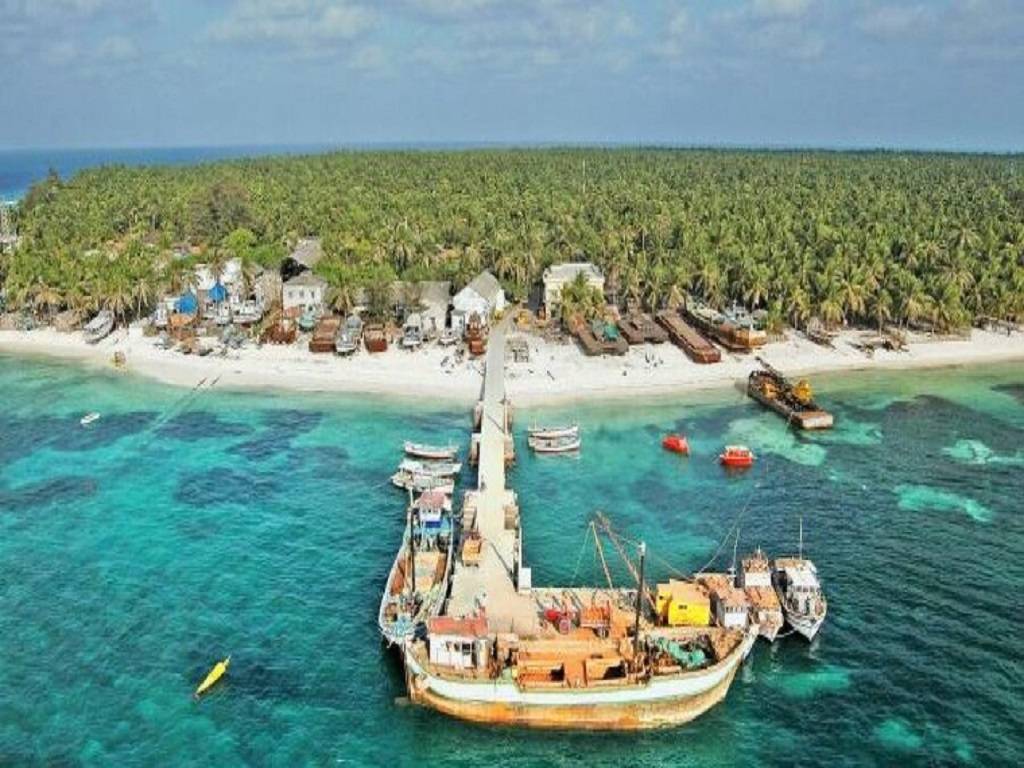
Six new flowering plant species have been found in the Lakshadweep islands by Kerala Forest Research Institute (KFRI) researchers. According to them, the species was discovered for the first time in India.
The plants, hernandia nymphaeifolia, guettarda speciosa, suriana maritima, pemphis acidula, lepturus repens, and ochrosia oppositifolia, were discovered during research done by KFRI in response to a central government order under the holistic development of islands project.
The team of researchers, led by senior scientist Dr. P Sujanapal, identified 454 species of vascular plants (including ferns and flowering plants), demonstrating the tremendous biodiversity of archipelago.
The four-and-a-half-year study was carried out with the assistance of Lakshadweep's department of environment and forest.
It was discovered that 288 of the total species identified by the researchers are native to Lakshadweep, 75 are introduced, and the others are exclusive to home gardens.
The island has been discovered to be rich in medical plant resources, with 211 medicinal plants found out of the total number of vascular plants identified, notably 37 with significant economic value. Among the therapeutic plants, the islanders use 77 in indigenous medicine and 16 as wild edibles.
In terms of medicinal plant diversity, Kavaratti leads with 148 species, followed by Andrott with 128.
Uninhabited islands, on the other hand, have a high density of these plants. Sujanapal stated that because Lakshadweep is an isolated island with minimal facilities, indigenous people developed unique medicinal plant combinations for treating a range of ailments via trial and error.
According to the study, they utilize plants or a combination of plants with other goods to treat ailments. They are masters in healing major bone fractures, and 'Mutta thailam,' a traditional medicine derived from egg oil, is said to cure stroke.
“Pemphis acidula”: A Rare Plant
Sujanapal said that the researchers discovered a unique plant that was previously documented on the Malabar coast but is now locally extinct. "In Lakshadweep, we discovered Pemphis acidula." It is a mangrove with a strong root system and wood.
Its local extinction was caused by habitat loss. It exists in patches on a few Lakshadweep islands," he explained.










